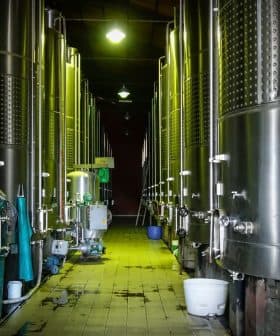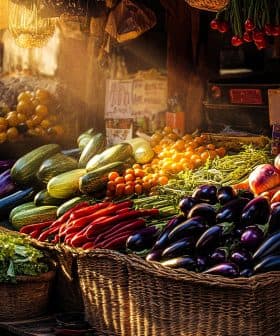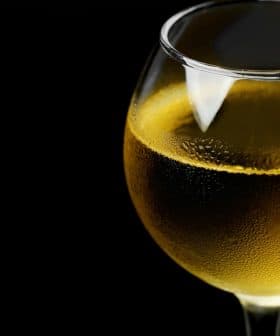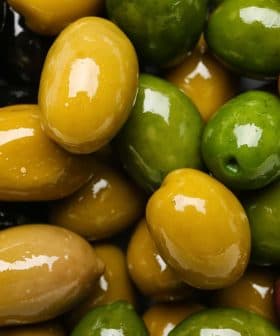Scientists Develop Gelatinous Extra Virgin Olive Oil in Italy
Researchers have developed oleogelators to trap extra virgin olive oil in networks of self-assembled molecules, preserving its unique qualities and offering enhanced quality protection during storage. The resulting gelled product is being tested for various applications, with ongoing research exploring its bioavailability and potential market challenges.
Gelled extra virgin olive oil could soon replace solid saturated fat and trans fat in many different food preparations, providing an unsaturated fat alternative with the organoleptic and antioxidant properties of EVOO.
Researchers have devised a method to trap extra virgin olive oil in networks of self-assembled molecules, finding it does not lose its unique qualities in this form. They also found that those networks, known as oleogelators, offer enhanced quality protection for extra virgin olive oil during storage.
We could take advantage of the oleogelation to protect extra virgin olive oil phenolic charge during storage.
“We have tested different extra virgin olive oil oleogelators to understand better how the final product would perform,” Marilisa Alongi, a postdoctoral researcher at the University of Udine’s department of agricultural, food, environmental and animal sciences, told Olive Oil Times.
See Also:Research Updates“Bakery products, biscuits, puff pastry and crackers are some of the applications we have tested,” she added.
Sonia Calligaris, a professor in the same department at the University of Udine, said that researchers have increasingly experimented with oleogelation solutions over the years.
Currently, researchers are studying the possibility of “gelling” Coratina extra virgin olive oil to see if the resulting structured “creamy” product could be used as an alternative to certain supplements and a cooking ingredient.
The oleogel production process involves heating extra virgin olive oil up to 60 ºC or 90 ºC, depending on the fusion temperature of the gelling agent used in the preparation. According to the researchers, extra virgin olive oil’s polyphenol profile did not show significant alterations during the process in a controlled heating environment.
Capable of keeping their structure at room temperature, oleogels self-standing texture varied depending on the different additives used to build the structured network.
The resulting product was then tested to understand what happened to extra virgin olive oil quality during storage. The researchers then evaluated the presence of hydroxytyrosol, tyrosol and alpha-tocopherol and how these levels changed over time in different storage conditions.
“In our laboratory process, we have seen a slight decrease in the polyphenols, but we already know that it can be easily minimized during processing so that we could take advantage of the oleogelation to protect extra virgin olive oil phenolic charge during storage,” Alongi said. “While also deploying its new form which could allow, to make an example, to spread it on a piece of bread.”
“Phenolic compounds, when found in specific structured extra virgin olive oils, seem to be highly protected by the oxidative phenomena that extra virgin olive oil traditionally undergoes,” added Calligaris.
One of the tested oleogels showed higher stability than other oleogels but even more than unstructured extra virgin olive oil.
“Why this happens and how these protection mechanisms work is something we have to explore further,” Calligaris added. “Our guess is that the compounds which contribute to building the network needed to trap the extra virgin olive oil also keep oxygen away from it.”
The researchers added that extra virgin olive oil gelled products are garnering interest around the olive oil world.
Beyond texture and storage, scientists are researching the bioavailability of oleogels. The researchers explained that it is possible that the gelled network could protect extra virgin olive oil bioactive components during digestion, which could enhance their bioavailability.
While further research is planned both in Europe and abroad, the path to the market of such new products will not be simple, the scientists added.
“In Europe, for instance, we have some regulations which define a few limitations, but the biggest hurdle is probably due to the socio-cultural roots of extra virgin olive oil,” Calligaris said.
“When we talk about EVOO, we talk about a product with a strong symbolism and a strong cultural connection, so innovation must be introduced with the correct approach,” Calligaris and Alongi concluded.









